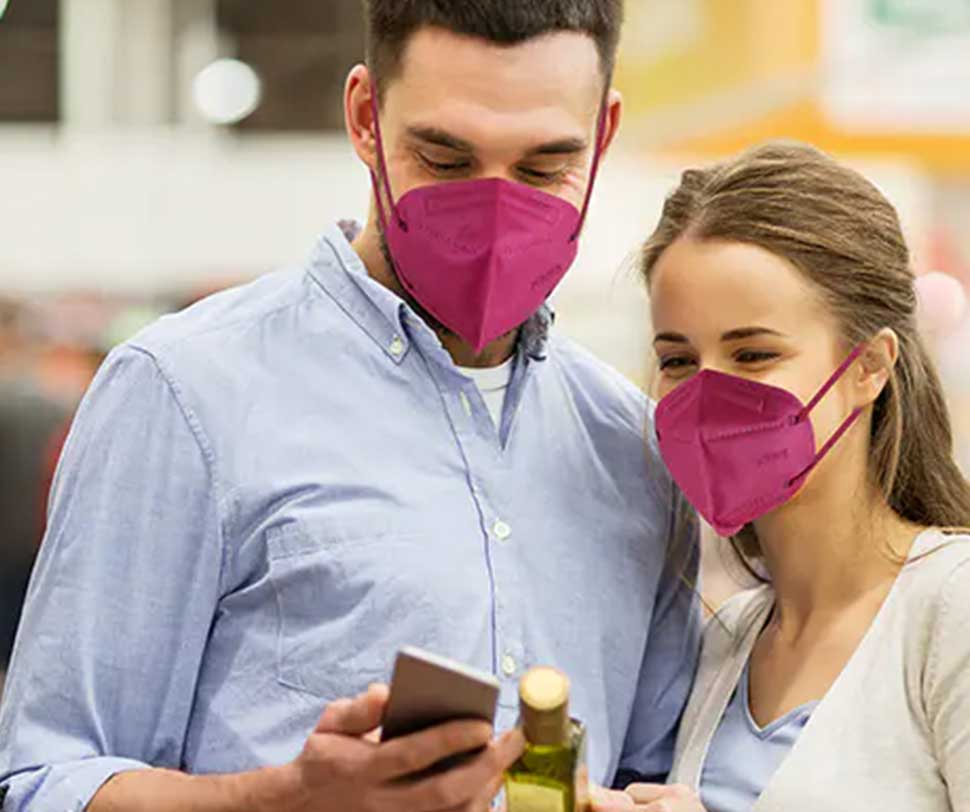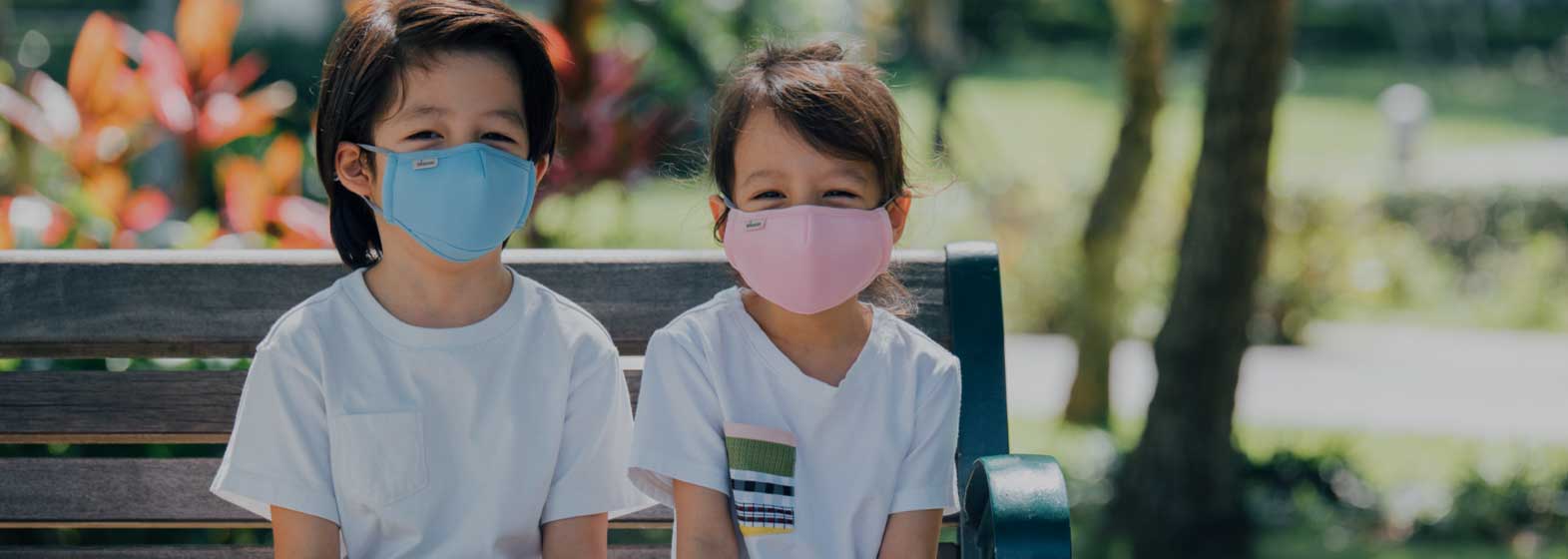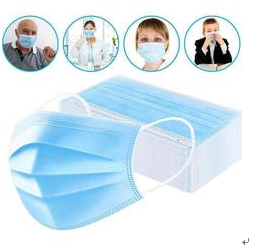
Exit from the Covid-19 Pandemic, mask and protect us well.
- 2021-03-05
- 2337
Organization (WHO) declared that an outbreak of the viral disease Covid-19—first identified in late 2019 in Wuhan, China—had reached the level of a global pandemic. Citing concerns with “the alarming levels of spread and severity,” the WHO called on governments to take urgent and aggressive action to stop the spread of the virus.
Over the next 12 months, a varied global response to an unprecedented public health crisis unfolded. Some governments were quick to impose lockdowns and travel bans, and implemented various strategies requiring or promoting practices such as universal mask wearing, social distancing, following the advice of emerging scientific knowledge, and models. Some governments were able to implement comprehensive emergency responses that sought to protect not only the right to health, but other rights such as an adequate standard of living including the rights to housing and water, as well as other forms of social protection. Others—most—struggled to respond to the challenges of the pandemic, while some indulged in denying the threat to people’s lives and health that Covid-19 posed, while also taking advantage of it to restrict rights including freedoms of speech, assembly, access to information, and political participation.
The question for the international community, for governments around the world, and for the multilateral institutions and corporations who hold the keys to a rights-respecting exit from the Covid-19 pandemic, is not whether it is technically possible, but rather whether they have the willingness to abide by their human rights commitments to make it happen.
Key Recommendations
As we enter the second year of a global pandemic, there are key actions governments should take to prevent further human rights backsliding and ensure an equitable exit from this global public health emergency. Governments should cooperate and develop strategies, including by regulating and holding companies accountable, to ensure universal and equitable access to Covid-19 vaccines.
Governments should protect the rights of healthcare workers and other essential workers, especially by bolstering occupational health and safety measures.
Measures to protect against the spread of the virus should be in line with international law. This means that when quarantines or lockdowns are imposed, for example, governments should ensure access to food, water, health care, education, support services for people with disabilities, and services for survivors of gender-based violence. Any tracking systems or other technologies used to implement public health measures should be transparent and subject to regular review and oversight. Governments should seek to combat the spread of misinformation on the pandemic while also protecting the right to freedom of expression, and ensuring that any restrictions on movement, assembly, or association are nondiscriminatory, limited in duration, and proportional to the public health threat.
Mask and protect us well , check out at: https://img.connexions-tech.com/
-
 2022-04-26Are air purifiers environmentally friendly ?
2022-04-26Are air purifiers environmentally friendly ? -
 2022-04-26The importance of wearing a mask correctly
2022-04-26The importance of wearing a mask correctly -
 2022-04-27Connexions Air H13 True HEPA Filters
2022-04-27Connexions Air H13 True HEPA Filters -
 2022-04-29What is the use of anion function of air purifier?
2022-04-29What is the use of anion function of air purifier? -
 2022-05-08Standardize the wearing of masks, children should not be missed!
2022-05-08Standardize the wearing of masks, children should not be missed! -
 2022-05-16Hazy days, air purifiers are useful?
2022-05-16Hazy days, air purifiers are useful? -
 2022-05-16Attention everyone! Don't buy fake FFP2 masks! How do we identify?
2022-05-16Attention everyone! Don't buy fake FFP2 masks! How do we identify? -
 2022-05-17Pay attention to secondary pollution when using air purifiers
2022-05-17Pay attention to secondary pollution when using air purifiers -
 2022-05-17TOP5 pollutants that the purifier can purify
2022-05-17TOP5 pollutants that the purifier can purify
-
 2020-06-02Why do Face Masks Matter With This Coronavirus
2020-06-02Why do Face Masks Matter With This Coronavirus -
 2020-06-02How to Wear Mask
2020-06-02How to Wear Mask -
 2020-06-02Three Principles of Choice of Masks
2020-06-02Three Principles of Choice of Masks -
 2020-06-022020 Situation of Mask Market
2020-06-022020 Situation of Mask Market -
 2020-06-17What other preventative measures can you take to protect yourself from airborne substances?
2020-06-17What other preventative measures can you take to protect yourself from airborne substances? -
 2020-06-08The Advantage of Disposable Face Masks
2020-06-08The Advantage of Disposable Face Masks -
 2020-06-093 Ply Disposable Face Mask & Soft & Comfortable Ear Loop
2020-06-093 Ply Disposable Face Mask & Soft & Comfortable Ear Loop -
 2020-06-17What are the regulations for surgical face masks?
2020-06-17What are the regulations for surgical face masks? -
 2020-06-09Do I need to wear a face mask if I am quarantined?
2020-06-09Do I need to wear a face mask if I am quarantined?
CONTACT US


Connexions Technology (Dongguan) Ltd.
We are always providing our customers with reliable products and considerate services.
If you would like to keep touch with us directly, please go to contact us
